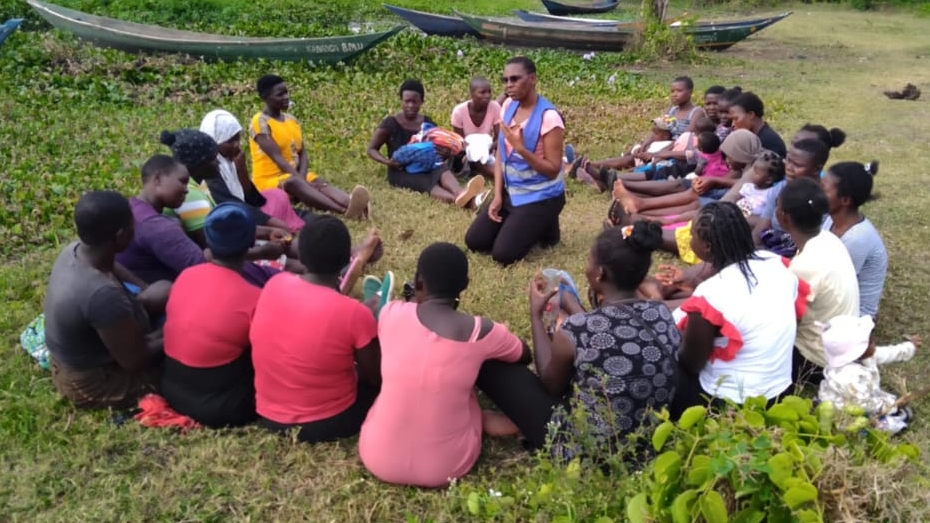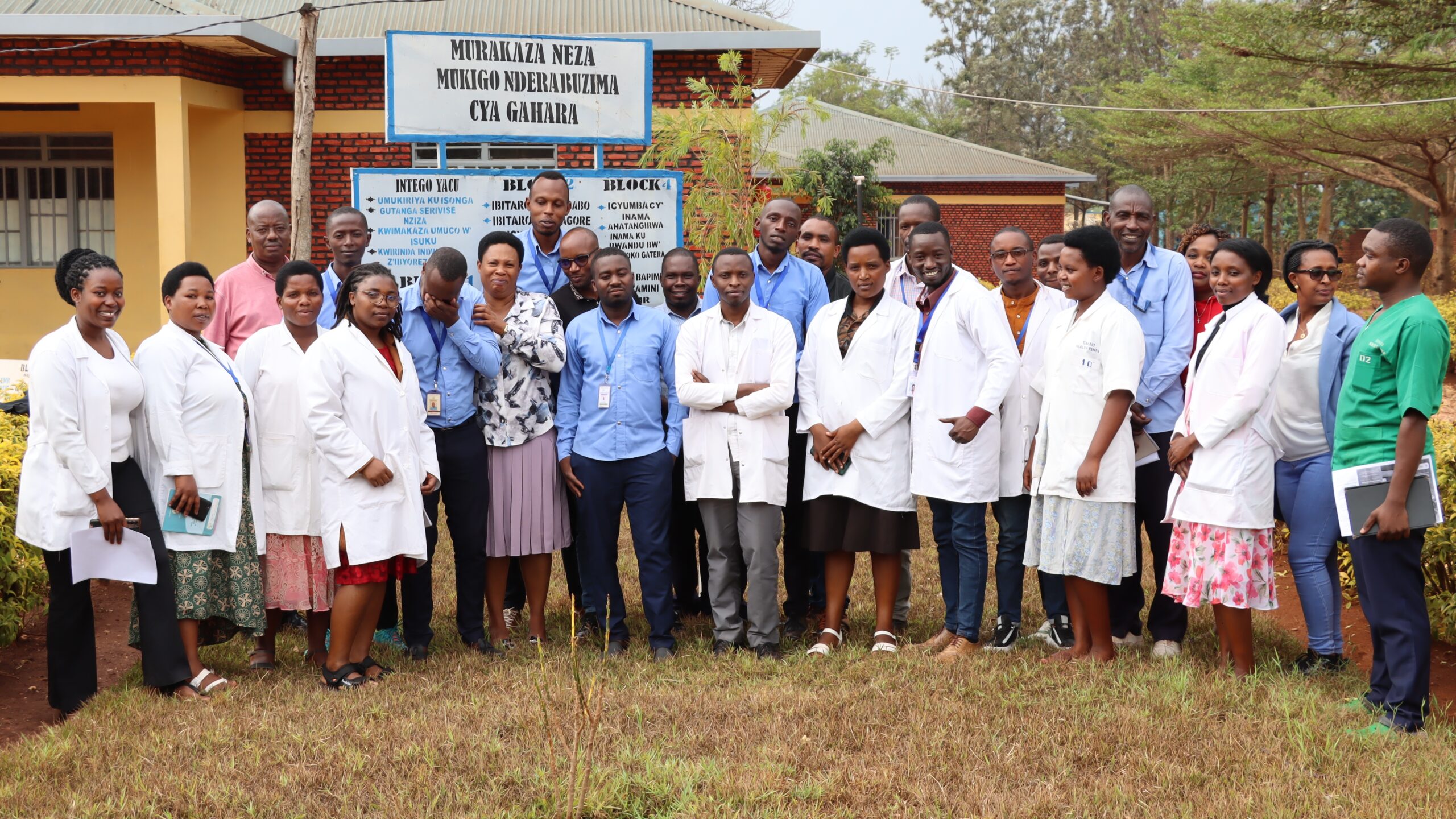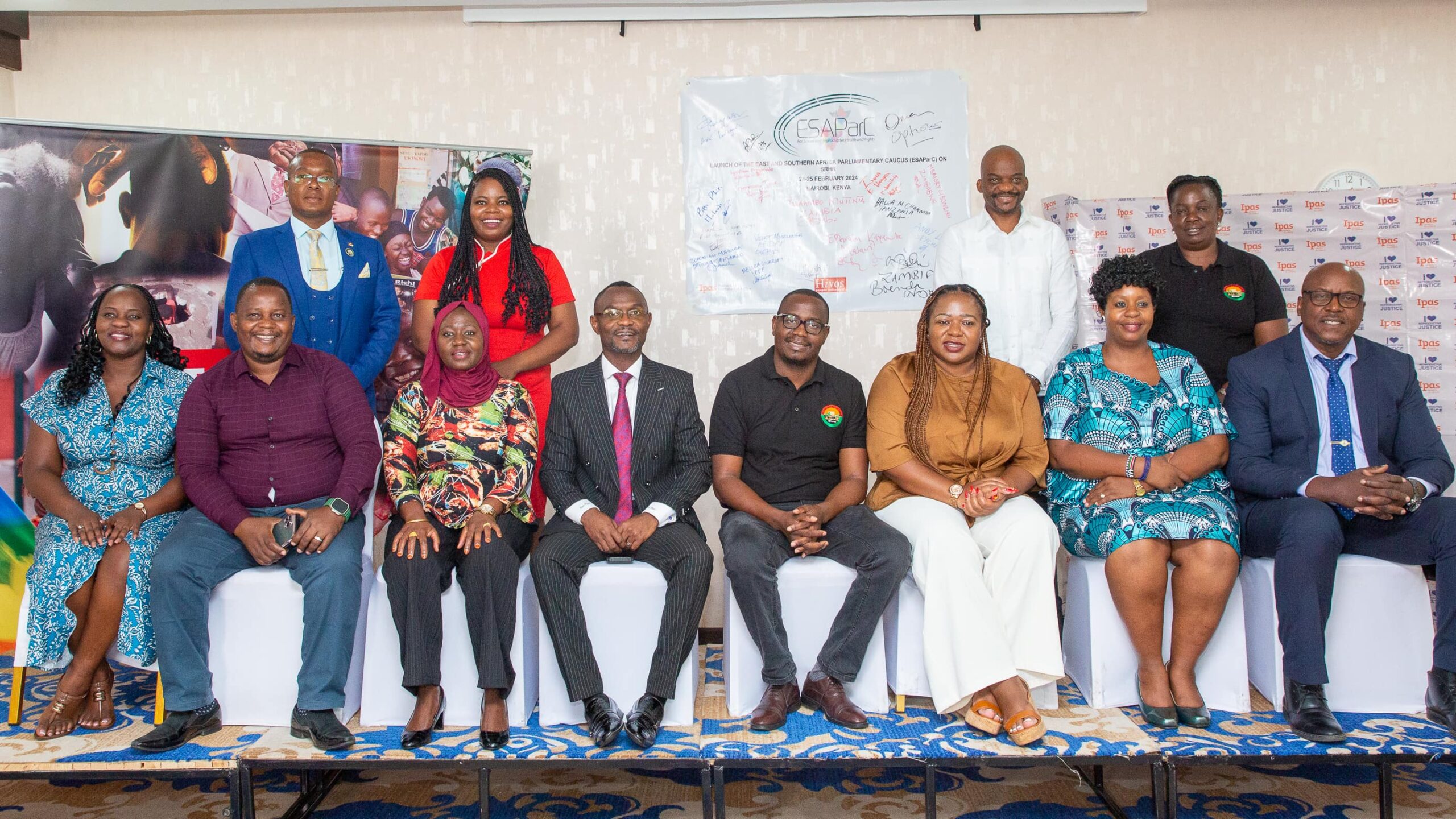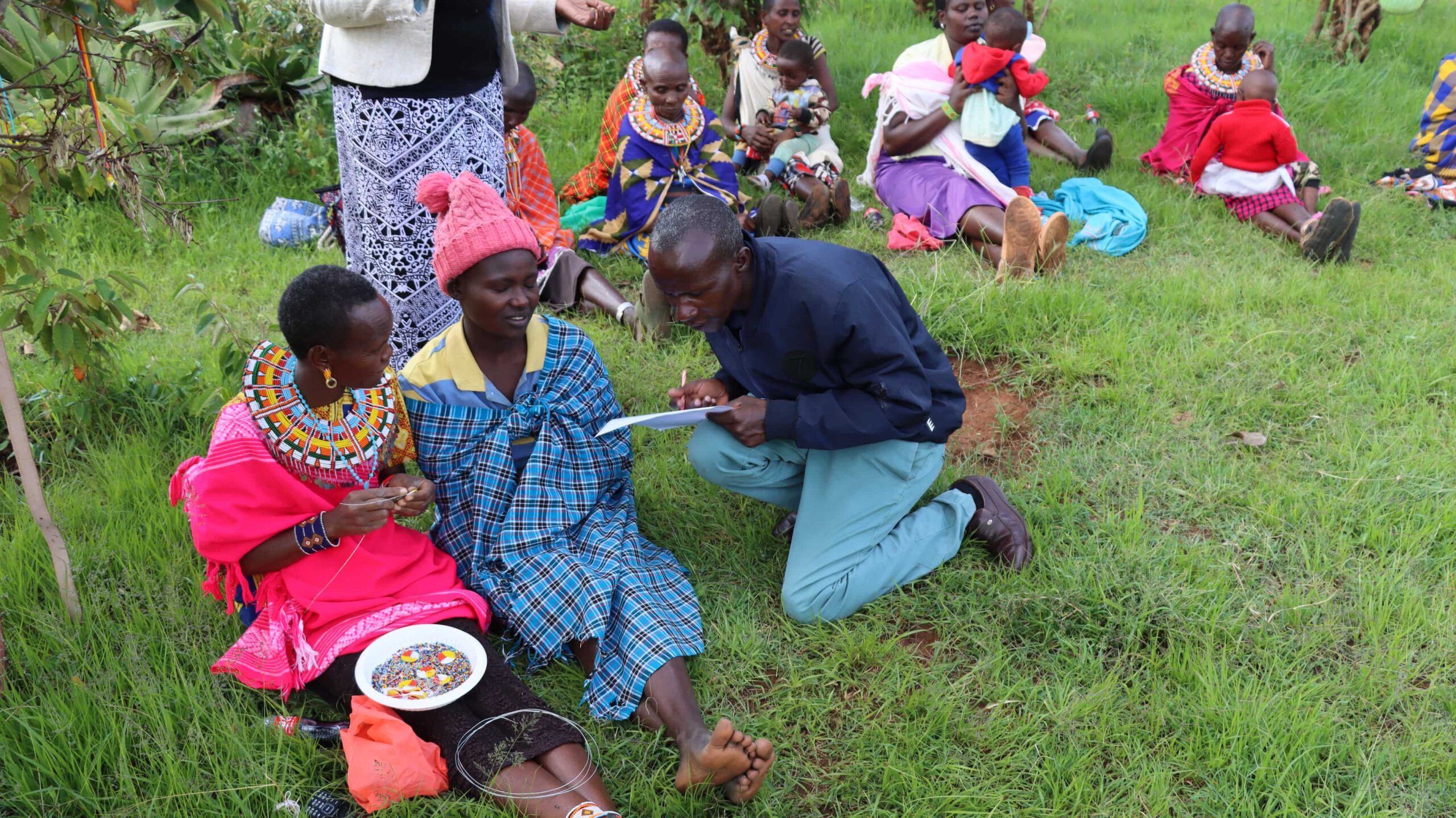In Kenya, 70% of sexually active unmarried women use any method of family planning; 59% use a modern method. The most popular type of family planning method for sexually active unmarried women is the male condom. The use of implants is higher in rural areas (16%) than in urban areas (7%).
Sixty-three percent of married women aged 15-49 use any method of family planning, with 57% using a modern method and 6% using a traditional method. The most commonly used methods among married women are injectables (20%), implants (19%), and pills (8%).
The use of modern methods of family planning increases with level of education, from 21% among married women with no education, topping at 60% of those with primary education and 61% of those with secondary education, and 58% among married women with more than secondary education. The use of modern family planning methods by married women is highest in Embu County (75%), followed by Nyeri and Kirinyaga counties (71% each). The counties with the lowest modern family planning use are Mandera (2%), Wajir (3%), Marsabit (6%), and Garissa (11%).
Source:
Teenage Pregnancy
In Kenya, 15% of adolescent women aged 15-19 have ever been pregnant: 12% have given birth, 1% have had a pregnancy loss, and 3% are pregnant with their first child. By county, teen pregnancy ranges from 50% in Samburu to 5% in Nyeri and Nyandarua. Teenage pregnancy in Kenya declines as the level of education increases, from 38% for women with no education to 5% for women with more than secondary education. It also declines as household wealth increases, from 21% in the lowest wealth quintile to 7% in the highest wealth quintile.
Pregnancy Outcomes and Induced Abortion
Of all pregnancies to women aged 15-49 ending in the 3 years before the survey, 88% resulted in live births, 10% were miscarriages, 2% stillbirths, and less than 1% were induced abortions.
News About Kenya
Adolescents in Kenya stand at a critical crossroads, facing what has been aptly termed the “triple threat”: new HIV infections, sexual and gender-based violence (SGBV), and teenage pregnancies. Each of these challenges alone poses a significant barrier to the health, safety, and potential of young people. Together, their intersection creates a dangerous web of vulnerabilities that threaten to derail an entire generation.
Period poverty remains a pressing challenge in Kenya, disproportionately affecting teenage girls in rural areas. According to research by the Ministry of Health, 54% of Kenyan girls face challenges accessing menstrual health management (MHM) products, and 65% still lack sustainable access to safe menstrual products. This crisis derails their education, exposes them to early marriages, and perpetuates the cycle of poverty.
In the heart of Kenya, from the bustling urban center of Kiambu to the rural landscapes of Kakamega, a quiet revolution in the delivery of medical abortion services (also known as abortion with pills) is taking place through the Medical Abortion Self Use (MASU) project.
As Gen Zs across the country were mobilising themselves on social media to push for reforms in government, another set of youth in Homa Bay was using the same platform to advocate for their sexual and reproductive rights (SRHR).
Homa Bay County is experiencing a condom shortage as organisations advocating for sexual and reproductive health rights urge prompt action to stop the spread of HIV infections.
Read about the alarmingly high rates of teenage pregnancies and C-section, as well as HIV infections and gender violence in Homa Bay County.
After being ranked as one of the top counties where the triple threat of an upsurge in gender based violence, teen pregnancies and increased cases of HIV infections, the fight against the menace has received a boost after Ipas stepped in to provide funding to help curb the situation.
According to the report, there is limited knowledge and empowerment on opportunities for women. This casts doubt on the quality and effectiveness of voter education conducted in the county.








